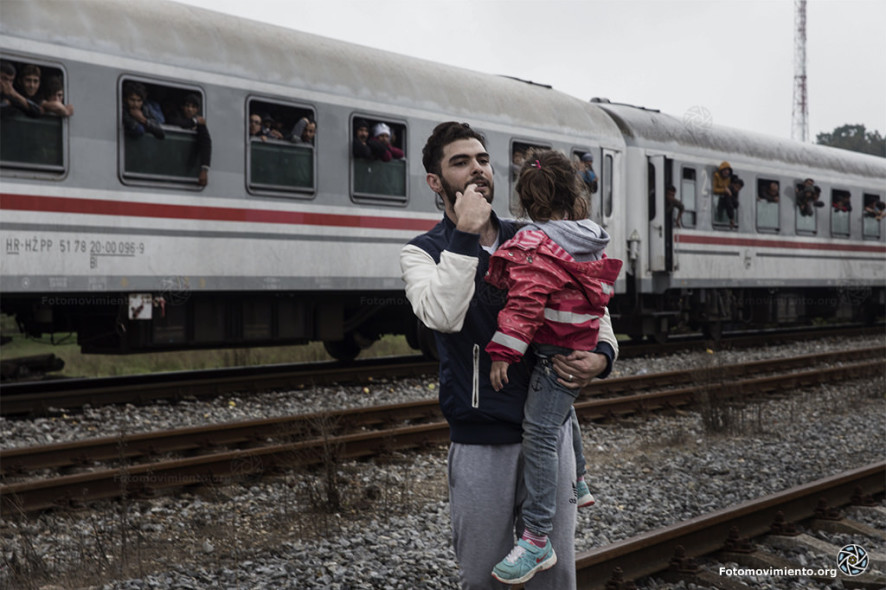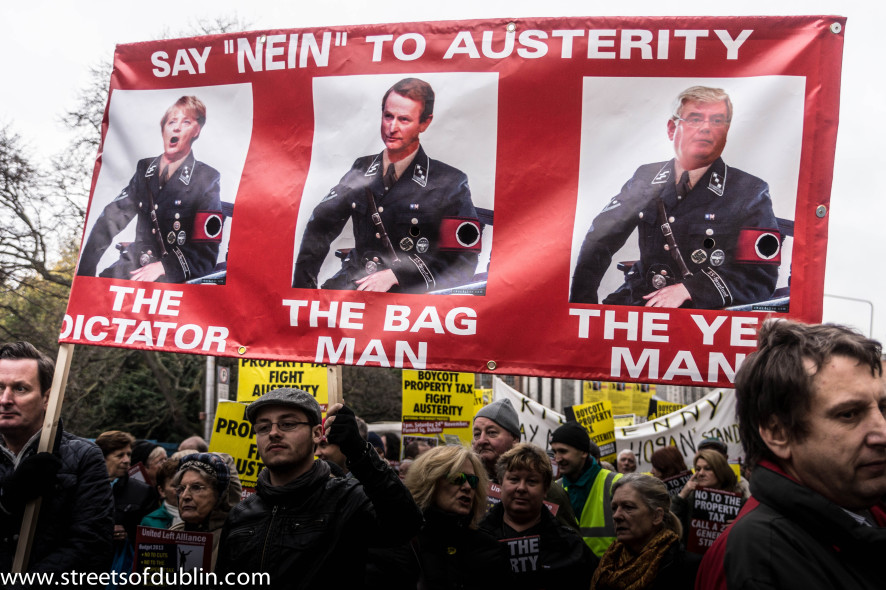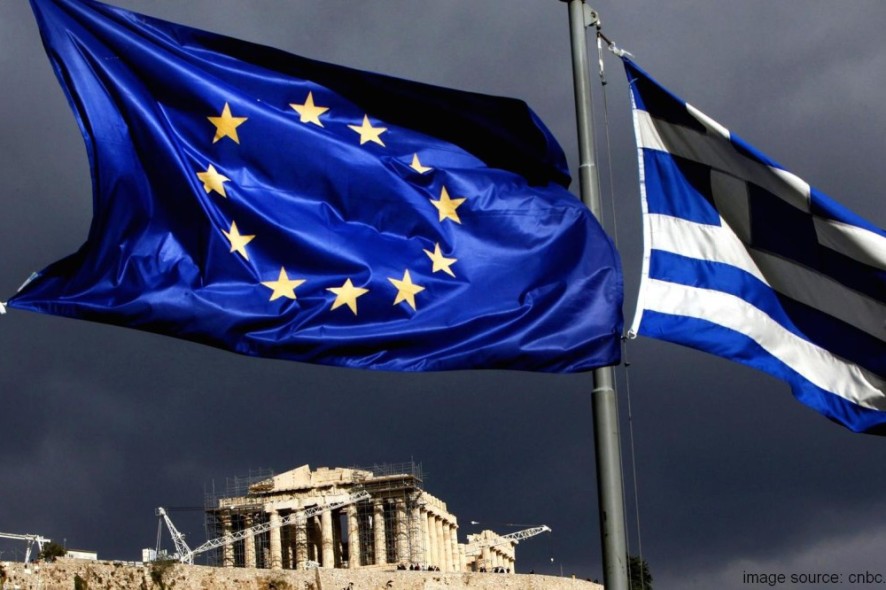by Ivan Šuklev
July 25th, 2015. Five thousand refugees are desperately trying to enter the city of Gevgelija, a city that lies on the border of Greece and Macedonia. Their goal is to continue their long journey from the hells of Syria to their final destination, the paradise of Germany and Western Europe. On their way stands more than 2000 km of road, police brutality, negligence, President Orban’s well known stance and… corrupted Balkan politicians.
In the news nowadays, people can hear a lot about the Syrian refugee crisis that has hit Europe. How they escaped in order to live, how General Assad is killing his own people with his politics, how some of them may be terrorists in disguise sent from ISIL, how precarious their journey is (hint: remember the boy that drowned?) and how their arrival to Germany is a dream come true. But let me tell you a story that you won’t find in any of the news stations. Let me tell you a story in which you will understand just how this crisis has helped some of the politicians in the Balkans get rich, and not a single one of the Western European news agencies reports about this. After all, everyone knows that it’s all about the money, right?
As a guy who was born in the city of Gevgelija, I am well familiar with the ways of public transport. A bus ticket to Skopje (70 km from the Serbian border) is about 7 €. A train ticket costs even less, 3 €. This is because of the fact that Macedonia is a country that has a very, very low living standard (minimal pay check: 180 €/month) and ergo, the prices for public transport are very, very cheap. Except for refugees.
Several days ago, reports have surfaced which said that Macedonian police has acted upon the refugees stationed in the camp of Gevgelija with brutality. As a guy who is highly sceptical of every news agency, I decided to talk with some people who live closely to the railway station in Gevgelija (the refugee camp in Gevgelija is about 1-2 km from the railway station) and also to some local taxi drivers. What I found out was absolutely stunning.
The taxi drivers expressed their disgust towards the police and the local authorities in Gevgelija because the police was stopping them to transfer refugees from Gevgelija to the border with Serbia. This statement seemed pretty absurd to me, because after all, in the news reports every Balkan politician has said that they want to help the refugees to get to Germany. So, why did the local taxi drivers come up with this frankly ludicrous accusation?
And yet again, the answer was – very simple. Money. Unknown to me or to the rest of Western Europe apparently, the prices for public transport are different if you are a refugee. Bus ticket to Skopje? 30 €. Train ticket? 25 €. Maximum capacity of a bus – 50 to 70 people, depends on the type of the bus. An actual bus filled with refugees – 100 people! Maximum capacity of a train with wagons – 400 to 500 people. An actual train filled with refugees – 800 people! And the local taxi drivers have also said that they witnessed how the police has boarded the refugees on the trains using police brutality and force. I insisted on seeing these busses with my own eyes. When I arrived at the railway station, I saw at least 20 busses parked, from 20 different firms, and not a single one was a public transport company. Not a single one has ever before showed up at the bus station and not a single one has ever made a transport from Gevgelija to Skopje. Then it all added up.
The Macedonian politicians from the government (a government widely known to be an authoritarian and in some instances even totalitarian) had sent these busses and trains because they saw an opportunity of a tax-free material gain. According to the local taxi drivers, at least 4 trains part from Gevgelija every day filled with refugees. That’s about 3200 refugees. A ticket costs 25 €. Daily, that’s about 80.000 euros. No receipts are being issued for the tickets, so these numbers are just speculative. They could be much, much higher. Daily, about 5-6 busses part from Gevgelija to the Serbian border. Roughly about 500-600 refugees. Around 15.000 to 18.000 euros per day.
And this continues on a daily basis. The local taxi drivers are stopped of doing what they are supposed to do (some were even beaten by the police for trying to stand up to them) and their hopes of getting actually paid to do what they are supposed to do – shattered. A taxi driver that looked resignedly at his fate told me in his final sentence: ‘That is just the way things happen around here. Not much we can do about it.’
So next time when you hear a report in the news in which it is stated that many refugees entered Germany or any other country in the EU, think about the fact that around 90% of them passed through Macedonia. Think about the money that went into the pockets of the corrupted Macedonian and Balkan politicians (Serbian and Croat politicians are accused of using a similar transporting scheme). Think about the horrors that the refugees had to endure. Think about the fact that in the Balkans, they had to survive a hell not much different from the one they escaped from.
Image by Fotomovimiento, taken from flickr






